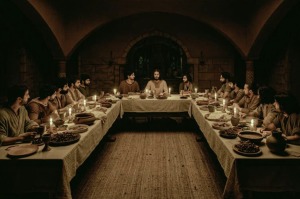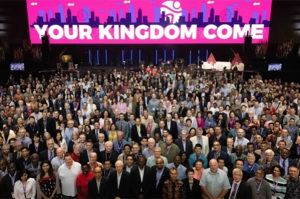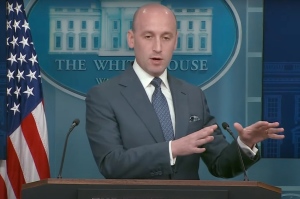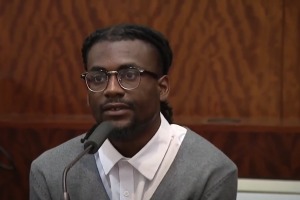3 books to help with your internet diet in 2019
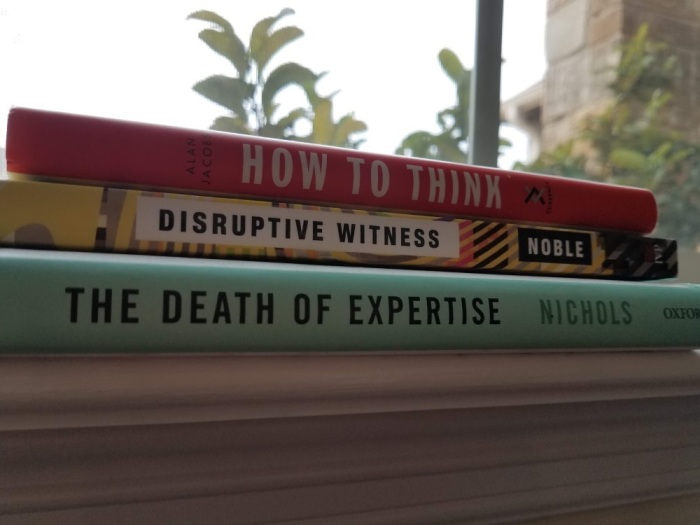
Are you planning to better manage your internet use in 2019? Three recent books can help.
2018 brought a greater awareness of the problems caused by the internet. Parents learned of the dangers of giving their kids smartphones at an early age. "Social media fasts" became more common. And we learned more about how Russia is using the internet to spread hate and distrust. Given this knowledge, many of us are now incorporating internet use into our New Year's resolutions.
But where to start? Of course you could Google it, if you prefer the ironic. To gain a better perspective of how best to harness the strengths and avoid the pitfalls of the internet, however, it's best to step away from it and grapple with these difficult issues the old fashioned way — by reading a good book.
Here are three I recommend.
The Death of Expertise, Tom Nichols
In The Death of Expertise: The Campaign against Established Knowledge and Why it Matters (2017), Tom Nichols, professor of national security affairs at Naval War College, tackles the conundrum of how more information has been making us stupid.
With smartphones, we can access a wealth of information at any time. Yet, these same tools are used by purveyors of disinformation. We struggle with how to discern the good from the bad information, and we treat emphatic opinions as well-informed understanding.
"These are dangerous times. Never have so many people had so much access to so much knowledge and yet have been so resistant to learning anything. In the United States and other developed nations, otherwise intelligent people denigrate intellectual achievement and reject the advice of experts. Not only do increasing numbers of laypeople lack basic knowledge, they reject fundamental rules of evidence and refuse to learn how to make a logical argument. In doing so, they risk throwing away centuries of accumulated knowledge and undermining the practices and habits that allow us to develop new knowledge," Nichols writes.
What are some of those habits that Nichols is talking about? For that you can read more in ...
How to Think: A Survival Guide for a World at Odds is a quick read but chock full of useful guidance. It's one of those books you'll want to keep on your bookshelf as a reference, or to reread every couple of years or so. Alan Jacobs, distinguished professor of humanities at Baylor University in Waco, Texas, helps readers identify the flawed habits, arguments and ways of thinking that contribute to our misunderstandings.
How to Think is not one of those "how to win an argument"-type books, however. Debate Club might find it handy, but it's mainly a guide for truth seekers. Genuine truth seekers sometimes lose arguments, and feel enriched by the experience.
The core problem we have with thinking doesn't have to do with overcoming our biases, Jacobs believes, but with "an orientation of the will: we suffer from a settled determination to avoid thinking. Relatively few people want to think. Thinking troubles us; thinking tires us. Thinking can force us out of familiar, comforting habits; thinking can complicate our lives; thinking can set us at odds, or at least complicated our relationships, with those we admire or love or follow."
If you choose to put your mind to thinking, Jacobs says, you "will have to practice patience and master fear."
For Christians, thinking is also important for sharing Christ, which is the topic of my next recommendation ...
Disruptive Witness, Alan Noble
In Disruptive Witness: Speaking Truth in a Distracted Age (2018), Alan Noble, professor of English at Oklahoma Baptist University in Shawnee and editor-in-chief of Christ and Pop Culture, tackles the new challenges of sharing the Gospel in the internet age.
Modern distractions that accompany the internet, Noble writes, discourage "us from spending time on rich introspection," and this is important for Christians because, "The Gospel is cognitively costly."
Offering an alternative to our distracted age, isn't simply a self-help exercise, but a gift that the church can give to the world, Noble helps us understand.
"The best strategy for addressing our society's condition is to offer a disruptive witness at every level of life," he writes.
In answering a question about his own internet habits in a July Christian Post interview, Noble said: "My general advice is to show grace to others and yourself while encouraging one another to have healthy boundaries with technology. We shouldn't expect everyone to use smartphones in the same way or for the same amount of time, but all of us need to be reflective, honest, and disciplined. This is a long process because new technology will provide new challenges for our habits."
















